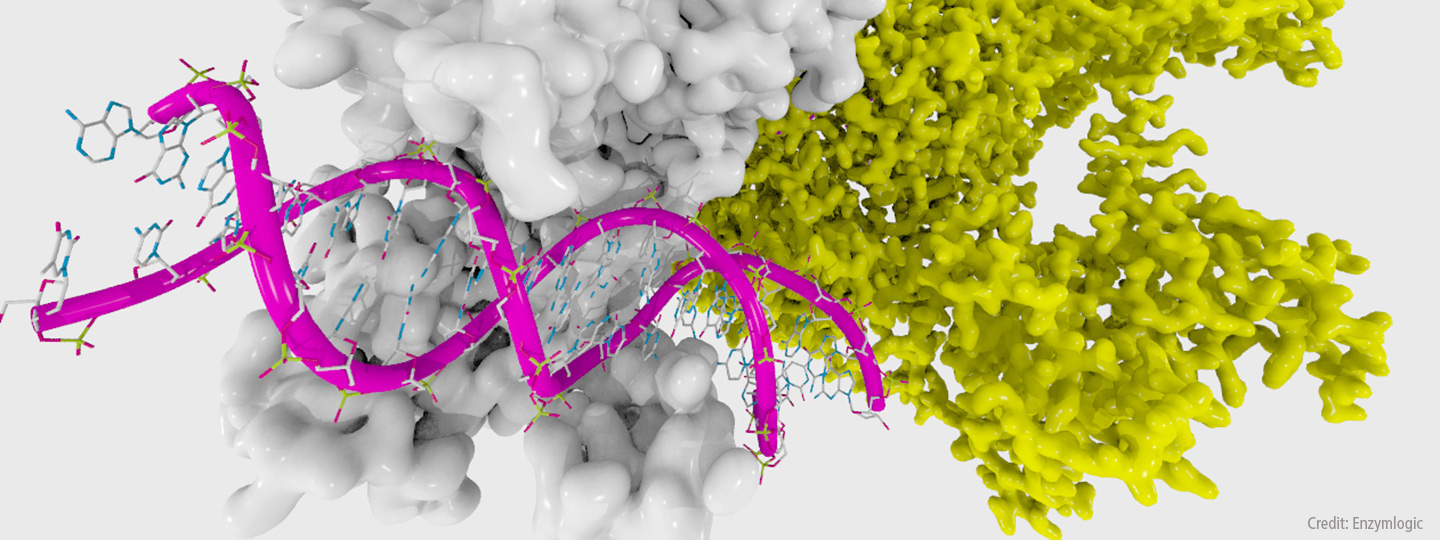Genetic Study Reveals Pathways That May be Disrupted in People with OCD
Genetic Study Reveals Pathways That May be Disrupted in People with OCD

A genetic study of children with obsessive-compulsive disorder (OCD) and their parents, reported March 29, 2016 in Translational Psychiatry, has yielded important hints about genes and biological pathways that may be involved in the disorder.
Prior studies of rare genetic variation have identified molecular pathways conferring risk for developmental neuropsychiatric disorders. But to date, no published sequencing studies of the entire genome (covering portions that contain genes, collectively called the exome) have been reported in obsessive-compulsive disorder (OCD).
People with OCD have uncontrollable reoccurring thoughts and the urge to repeat certain behaviors over and over. Both genetics and environmental factors are thought to influence who develops OCD, which is usually diagnosed in childhood or adolescence. Researchers have struggled to identify specific genetic risk factors for the disorder, but they do know that people with a parent, sibling, or child with OCD are more likely than others to develop the disorder themselves.
In the new study, a team of scientists led by Thomas V Fernandez, M.D. at Yale School of Medicine searched for genetic differences between 17 children with OCD and their parents, none of whom had the disorder. The research team, which included NARSAD 2015 Young Investigator Stephan J. Sanders, Ph.D., at the University of California San Francisco, and NARSAD 2003 Distinguished Investigator David L. Pauls, Ph.D., at Harvard Medical School, comprehensively analyzed all each individual’s protein-encoding DNA, and found 20 gene mutations in children with OCD that had not been inherited from either parent.
Because the study was small, researchers don’t know whether these genetic variations contribute to development of OCD—larger studies will be necessary to figure that out. But the findings do provide clues about biological pathways that may be involved in the disorder.
After determining which genes were disrupted by a given genetic variation they uncovered in children with OCD, the researchers mapped out how the proteins encoded by those genes interact with other proteins in cells. They found that many of the changes were likely to impact the development and function of the central nervous system (the brain and spinal cord) and the immune system. The signaling pathways implicated in the study have also been linked to schizophrenia, anxiety, and other neuropsychiatric disorders.


